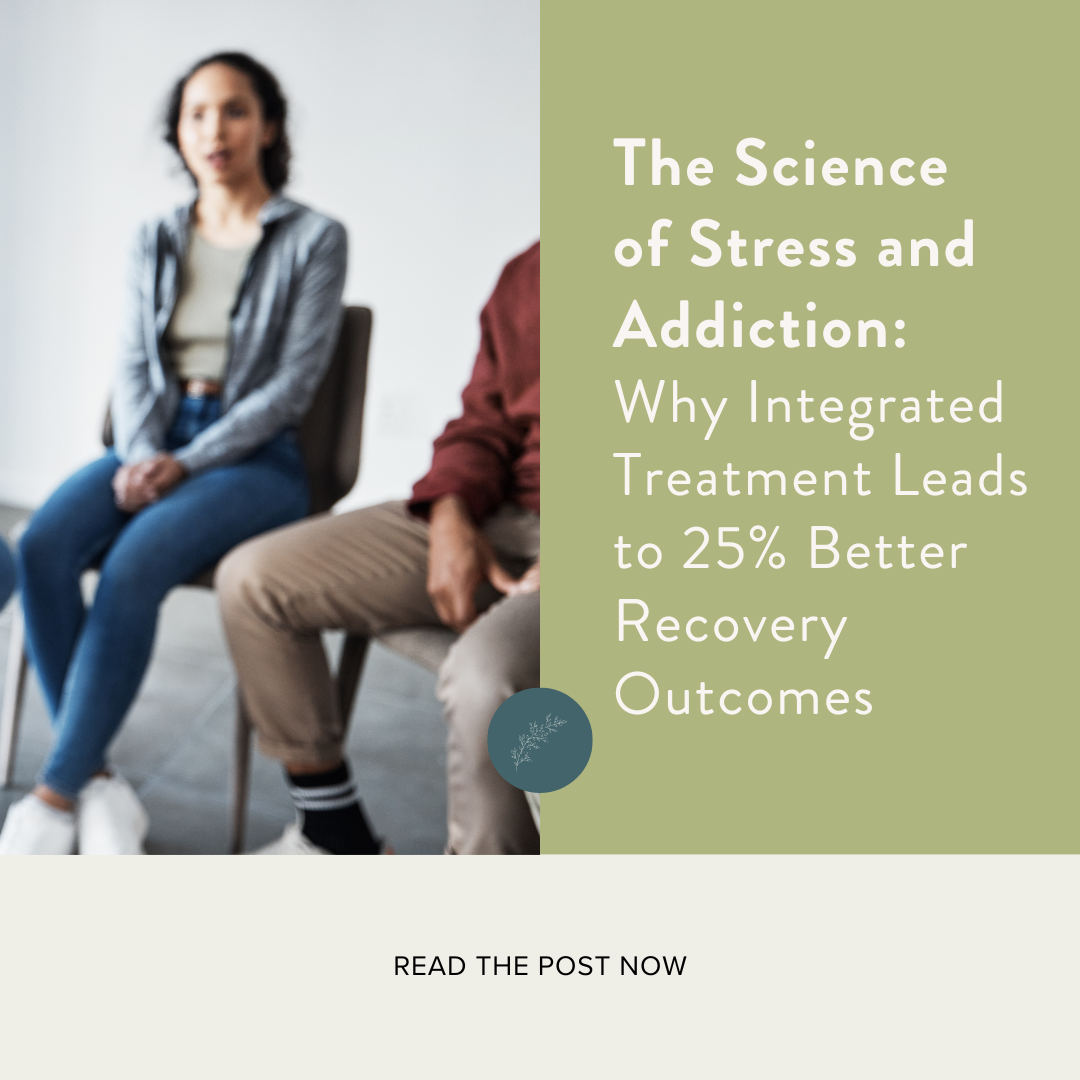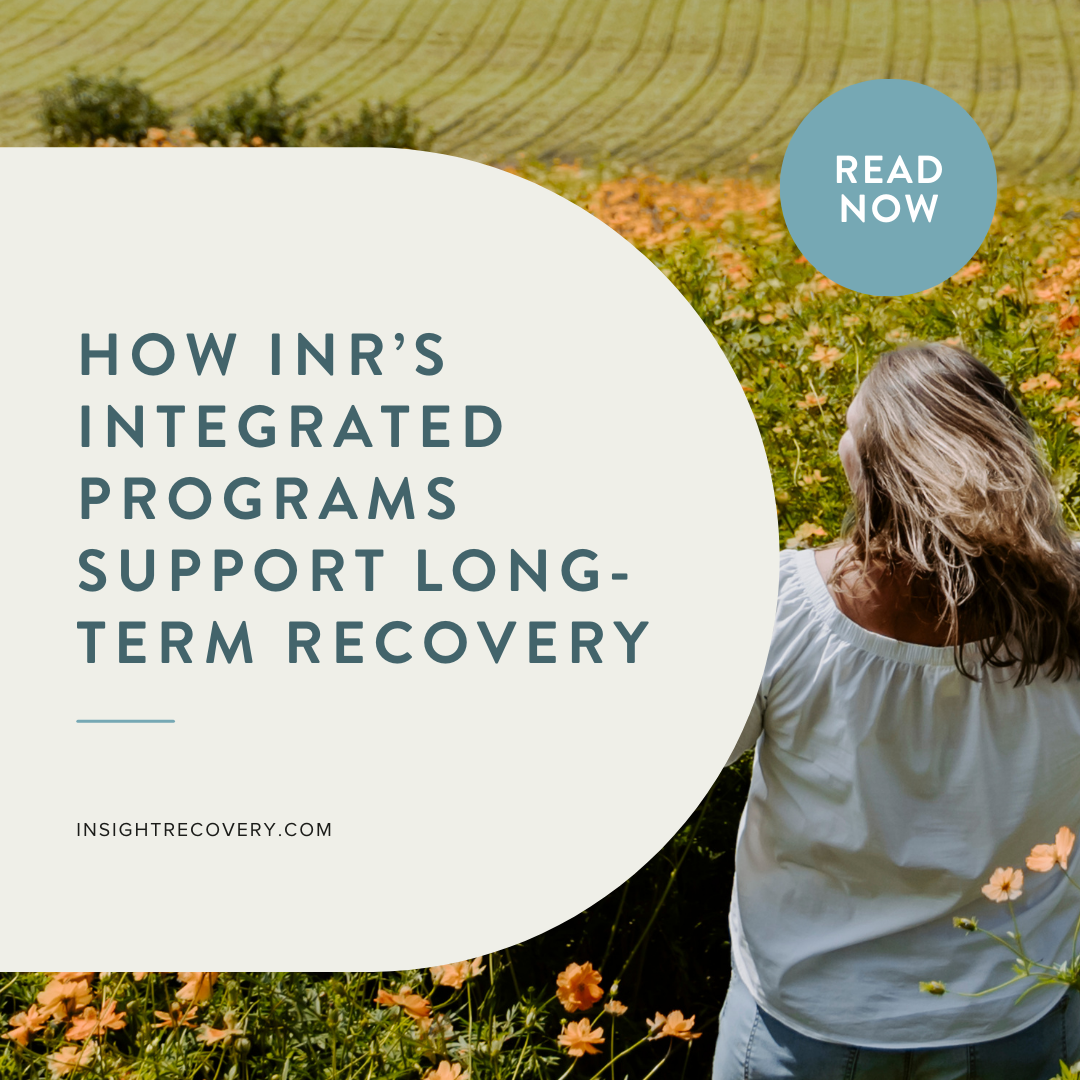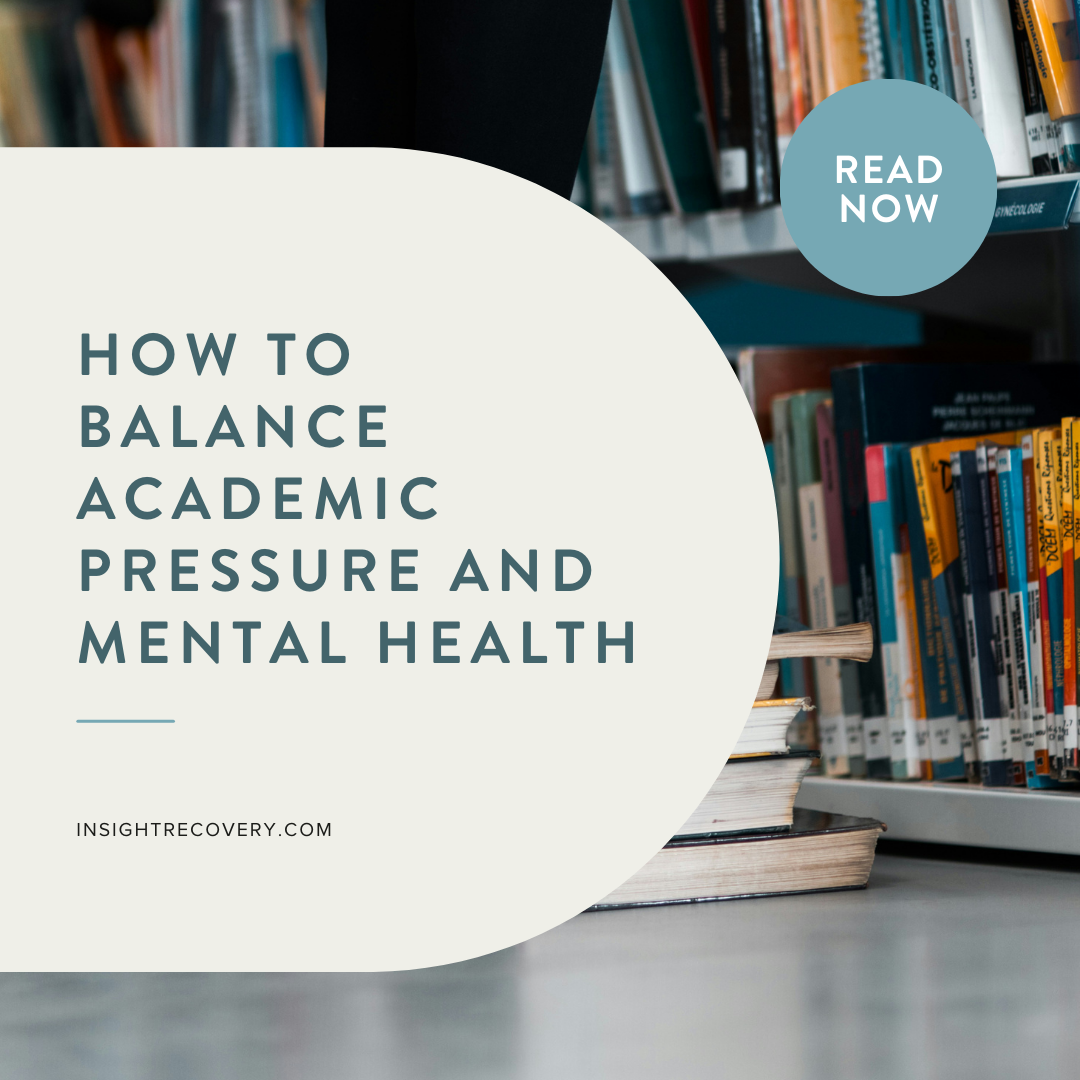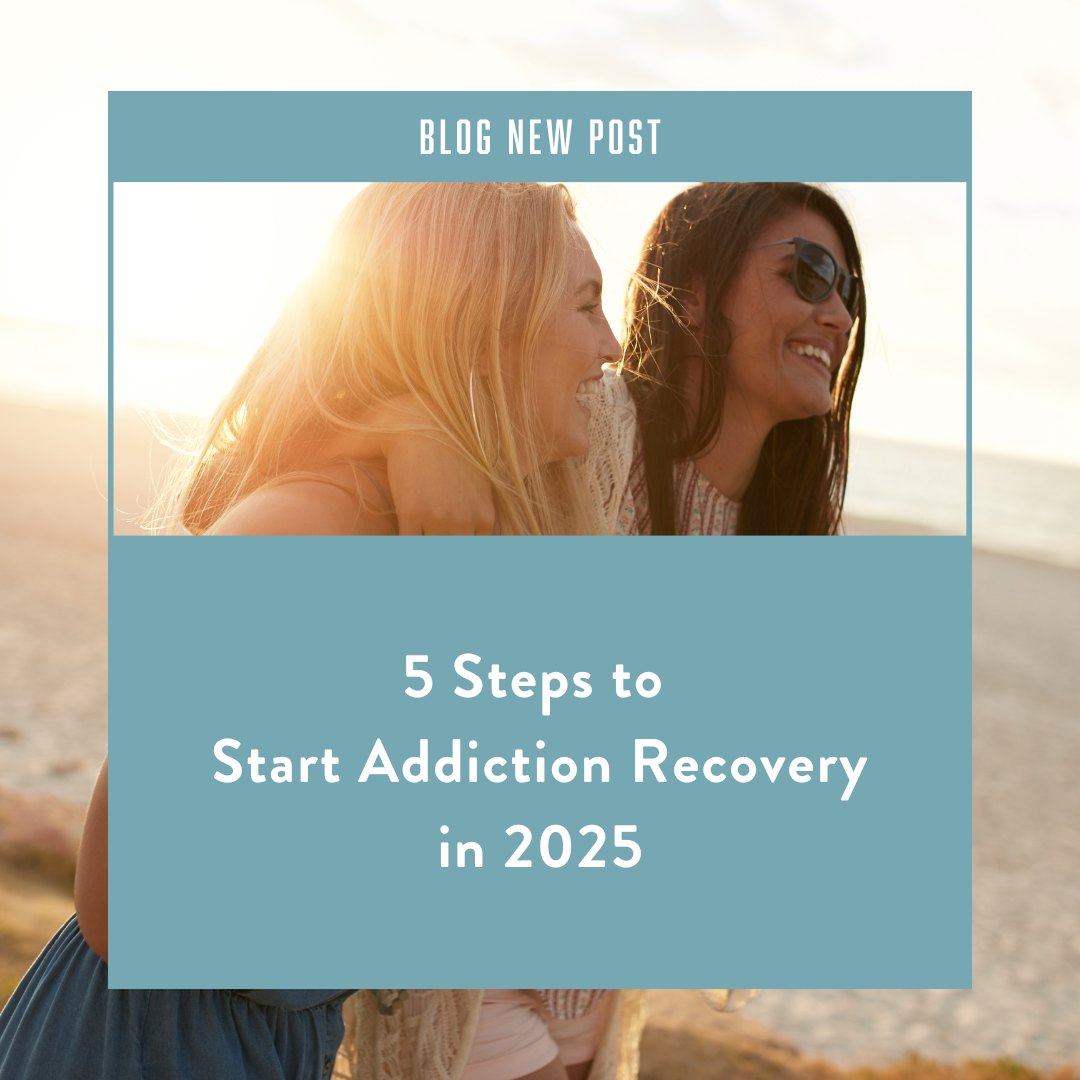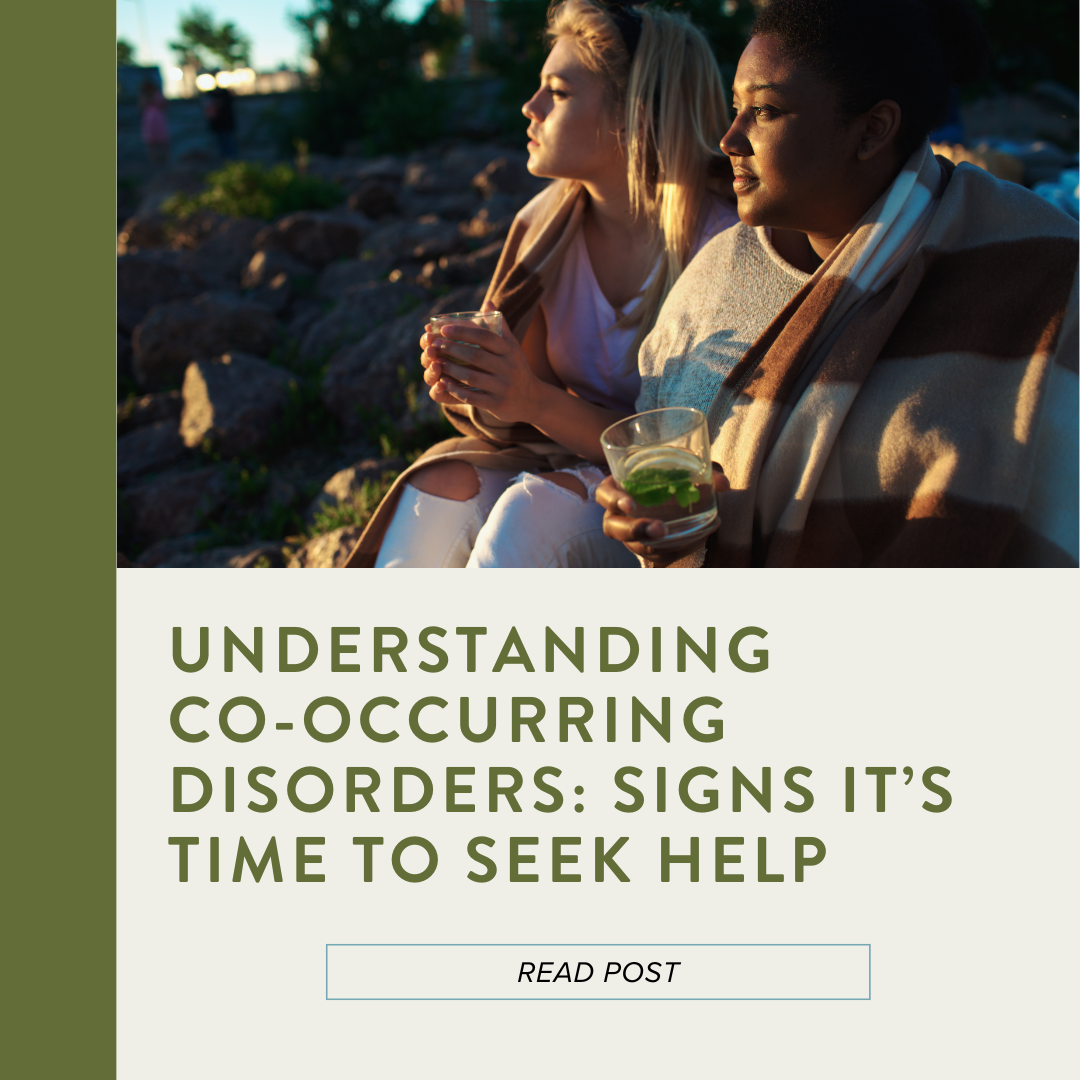Research shows that treating addiction without addressing underlying mental health conditions leads to higher relapse rates. That’s why integrated care (treating both mental health and substance use at the same time) is key to lasting recovery.
Read MoreDual diagnosis, also called co-occurring disorders, occurs when an individual has both a mental illness and a substance use disorder at the same time.
Read MoreNo matter where you are in your journey, learning to manage stress is a powerful step toward a healthier, more balanced life.
Read MoreINR’s integrated approach to mental health care provides lasting support for teens and young adults, helping them gain the tools and confidence to move forward. If your loved one is facing mental health struggles, help is available — and healing is possible.
Read MoreWhether you’re concerned about sudden changes in behavior, emotional distress, or signs of substance use, knowing what to look for is the first step toward getting your loved one the support they need.
Read MoreWhether you need support for anxiety, depression, substance use, or just a place to breathe and be yourself, INR is here to help. Now more than ever, you deserve a place to heal, to be heard, and to be seen.
Read MoreBy understanding common mental health challenges and equipping yourself with effective tools, you can thrive both academically and emotionally. Here’s how to strike the balance between managing your mental health and achieving your academic goals.
Read MoreRelationships play a crucial role in the recovery process. Friendships, family dynamics, and romantic connections can all have a profound impact: either by providing support, or adding stress.
Read MoreMany college students turn to “study drugs” like Adderall or Ritalin, believing these substances will enhance focus and productivity. While these medications can be life-changing for individuals with diagnosed conditions like ADHD, their misuse among students without prescriptions poses significant risks.
Read MoreUnderstanding the physical, behavioral, and psychological symptoms can help you take the first steps toward addressing the problem and offering professional help.
Read MoreBalancing responsibilities with mental health is crucial for sustained success and well-being. This blog will explore actionable strategies to help students manage academic pressure while prioritizing their mental health.
Read MoreDXM misuse poses serious risks to physical and mental health. As a parent, understanding these risks and recognizing the signs of abuse is essential for keeping your teen safe.
Read MoreEvery relationship has ups and downs. But there’s a fundamental difference between working through challenges in a healthy way, and being stuck in a relationship that causes harm.
Read MoreMany people focus their resolutions on mental health, such as starting therapy, reducing stress, or building better self-care habits. While setting these goals is a great first step, the real challenge lies in sticking to them.
Read MoreChoosing a safe and sober spring break can lead to more meaningful experiences, memorable adventures, and better overall well-being.
Read MorePrioritizing recovery isn’t just about breaking free from harmful patterns—it’s about rediscovering hope, healing relationships, and building a healthier, brighter future.
Read MoreMental health challenges can lead to substance use as a form of self-medication, while substance use often worsens underlying mental health conditions.
Read MoreBy raising awareness about issues and highlighting ways to navigate them, we can foster resilience and create safe, affirming spaces that support LGBTQ youth.
Read MoreWhile it’s often celebrated for its euphoric and empathogenic effects, the dangers of MDMA far outweigh its short-lived highs.
Read MoreThe home environment plays a vital role in teen recovery. When teens feel safe, accepted, and understood, it builds a foundation of stability and resilience, which are essential for long-term success.
Read More
